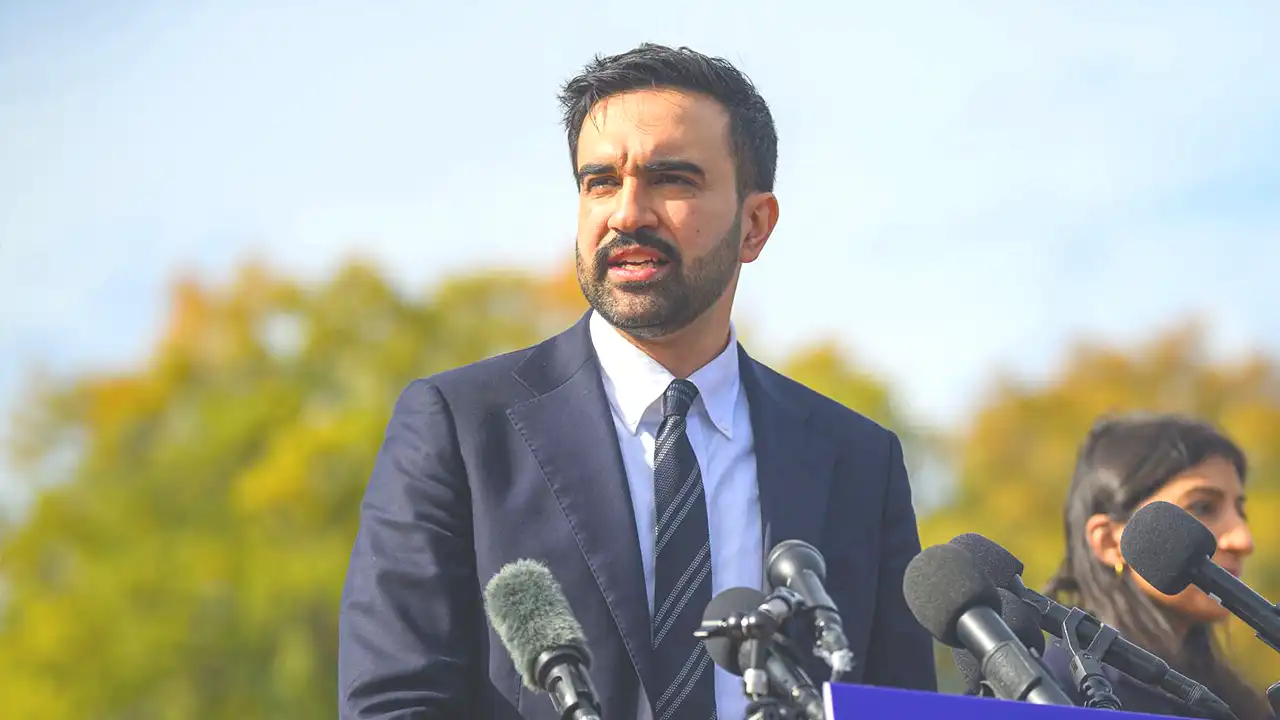Capitalism promotes the belief that anyone can become wealthy. Communism argues that no one should become wealthy. Democratic socialism offers a middle path — anyone can rise, yet no one should fall into poverty.

The main divide between communism and democratic socialism centers on their relationship with capitalism. Communism rejects capitalism entirely and removes market systems from the process of social distribution, ABC news report.
Democratic socialism, by contrast, uses markets when they deliver social benefits. When markets fail, it turns to alternative tools. It does not eliminate private property or markets. Instead, it regulates them to secure outcomes aligned with dignity, equality, and freedom.
In the United States, socialism always operated within a democratic framework. It took shape in the early 20th century, supported by a large working-class union movement.
That effort led to the rise of a sizable socialist party, which gained national attention in 1912 when Eugene Debs won 6 percent of the presidential vote — roughly one million ballots.
The movement later split after the 1917 Bolshevik Revolution. Some members favored the Soviet model, while others held to American ideas of democracy. Over time, the movement shifted, eventually merging into the New Deal era. It later separated from the student activism of the 1960s and slipped into a period of political decline through the 1980s and 1990s.
The revival came in 2016, when Bernie Sanders brought European-style social democracy back into mainstream discussion during his presidential campaign. His message centered on providing basic services to everyone, regardless of ability to pay.
Read more: Jeffrey Epstein emails released by Democrats mention Trump; Justice Department vows review
Recent campaigns — including the mayoral run of Mamani in New York — mark a new phase built on Sanders’ influence. Each emphasizes a central word Sanders often highlights when defining democratic socialism: dignity. The goal, he says, is to build a system that protects human dignity.
